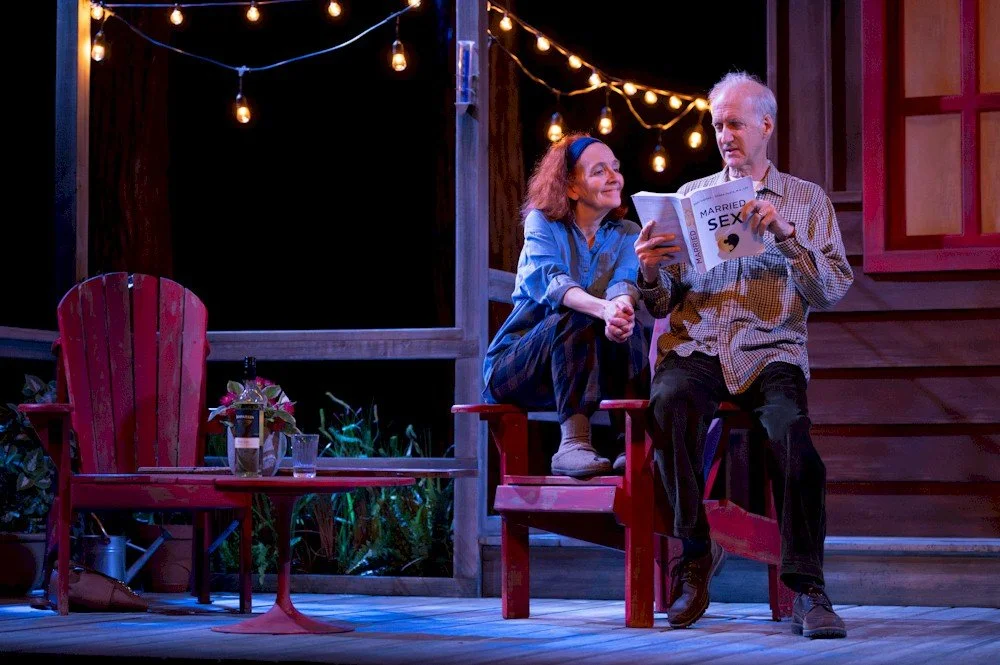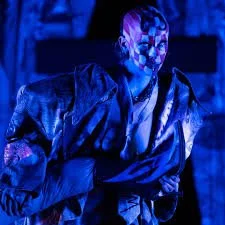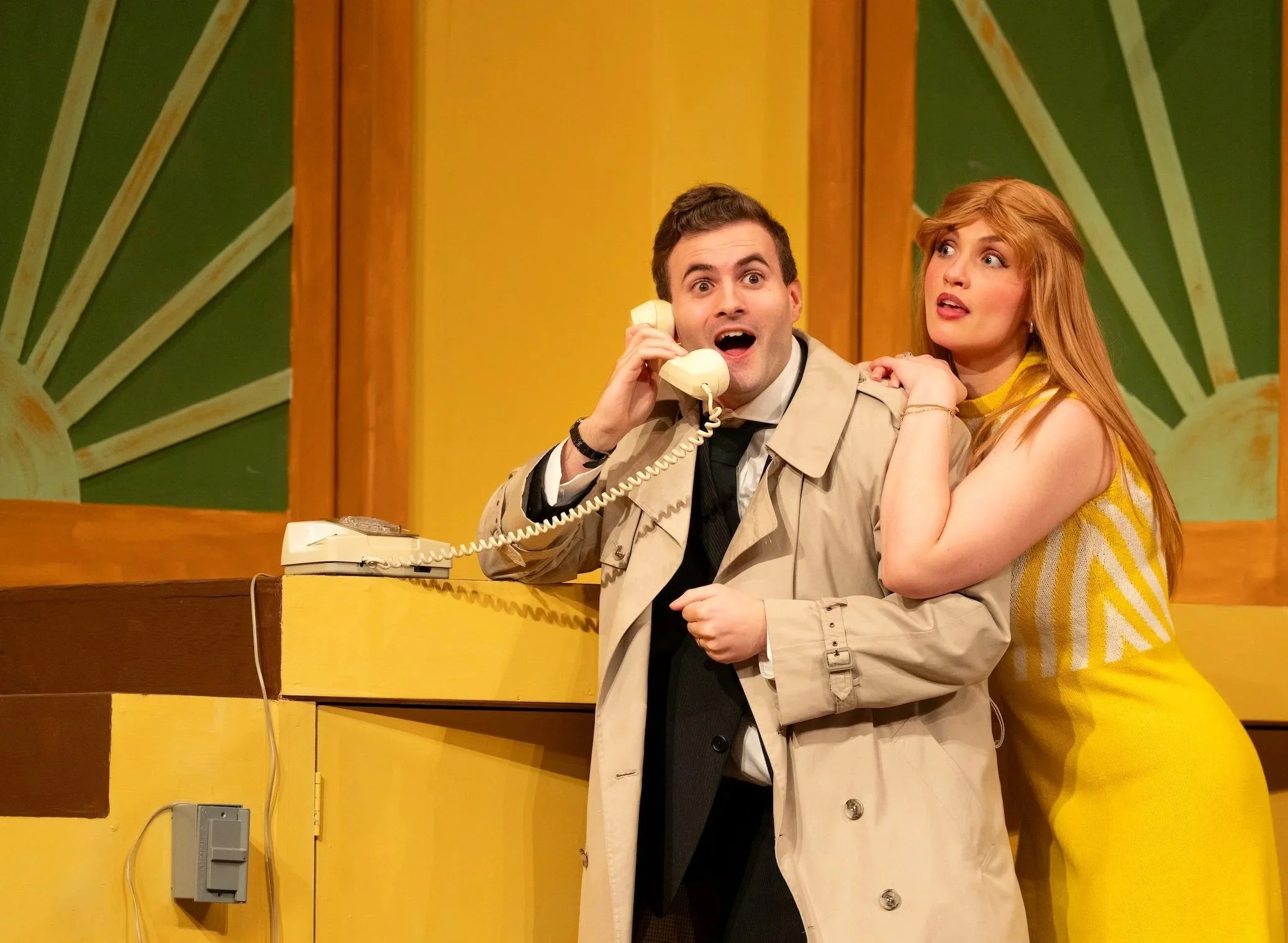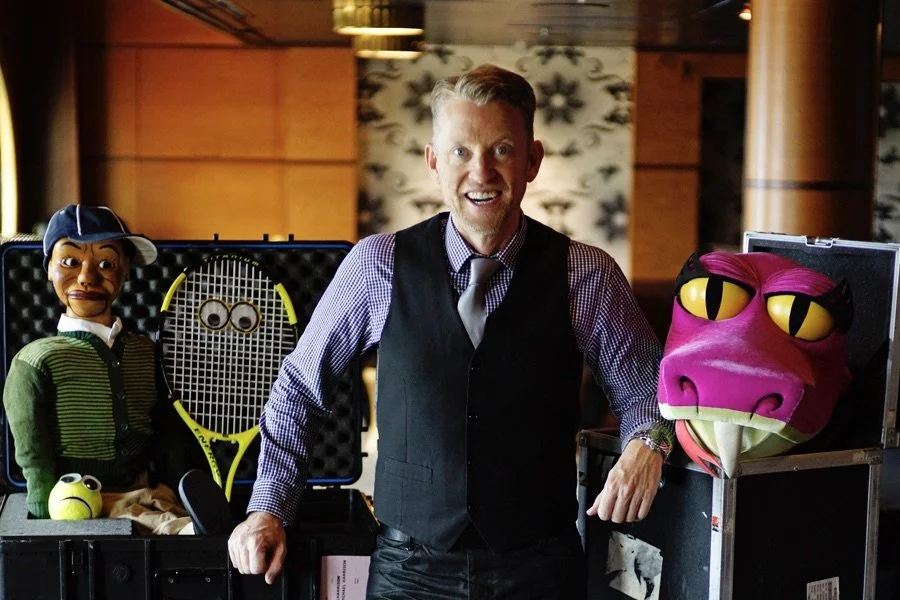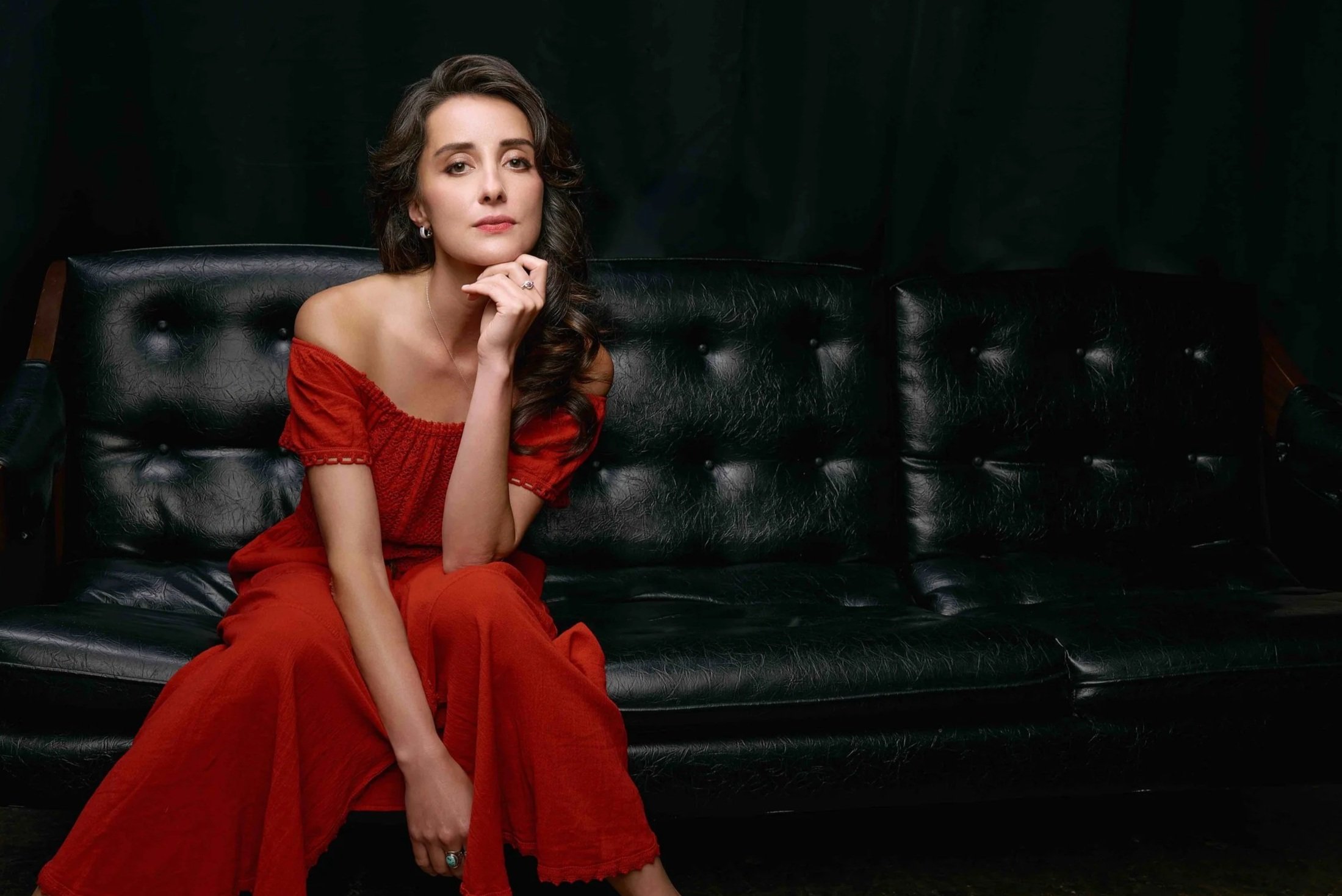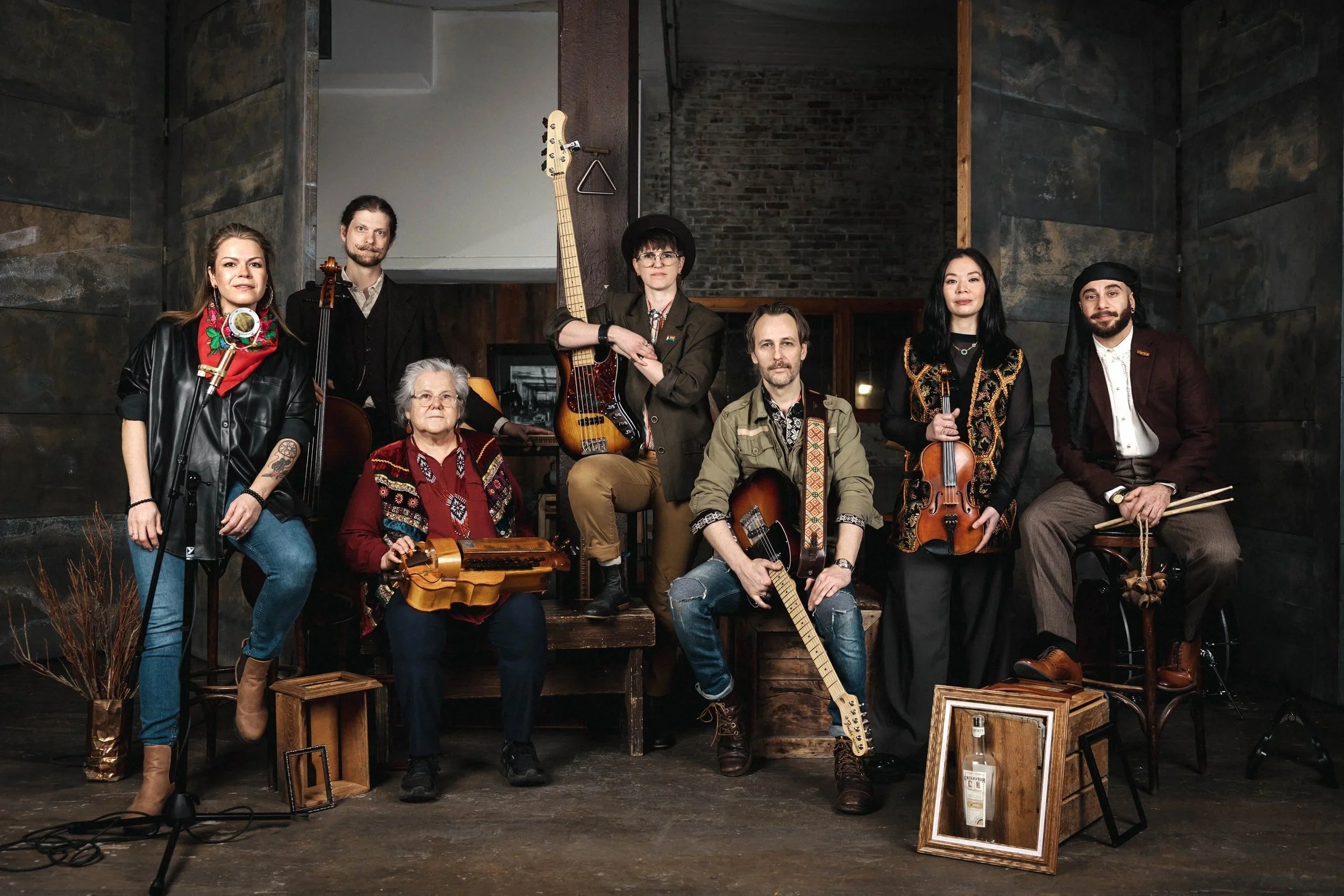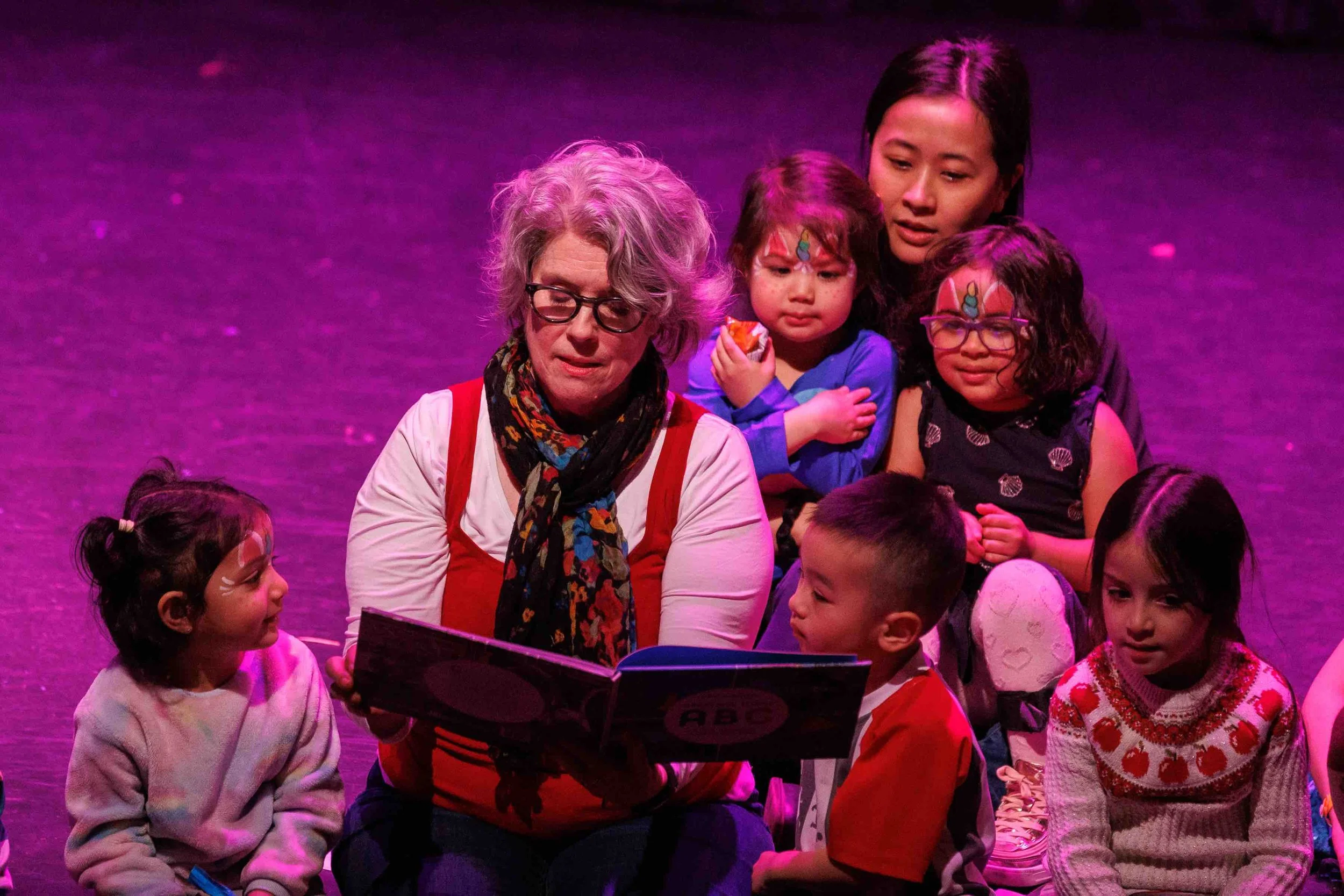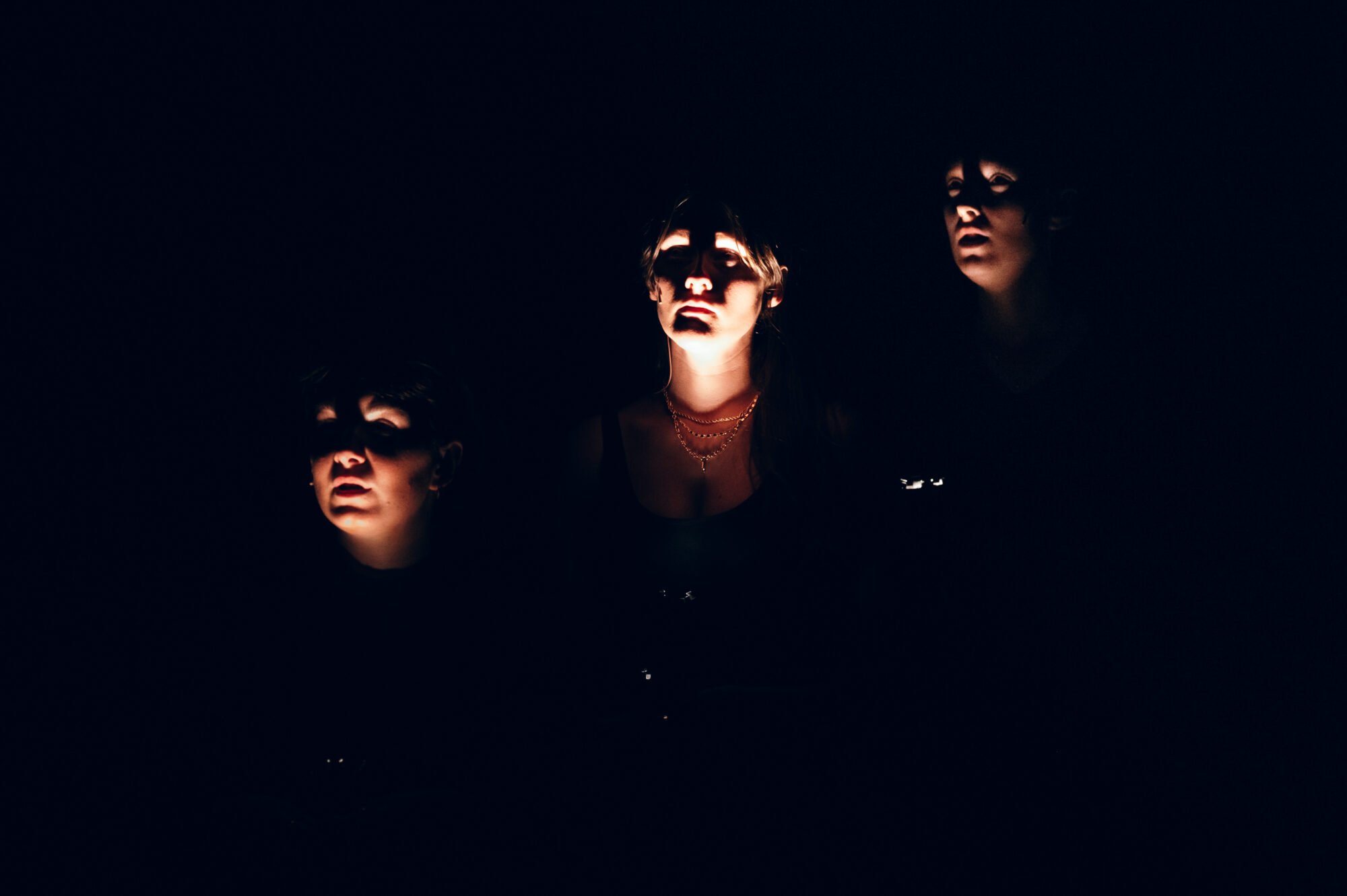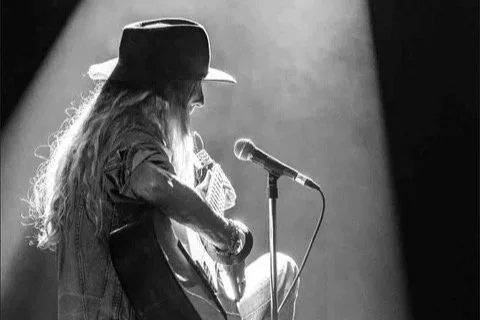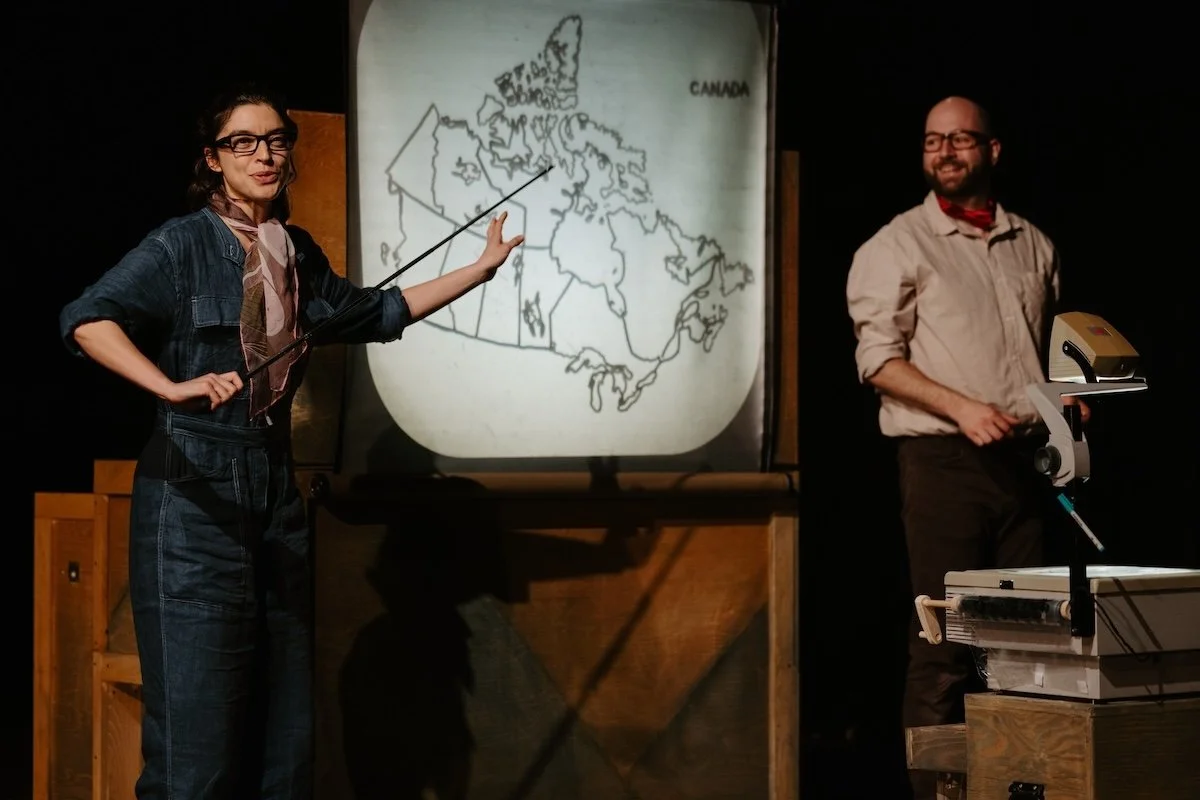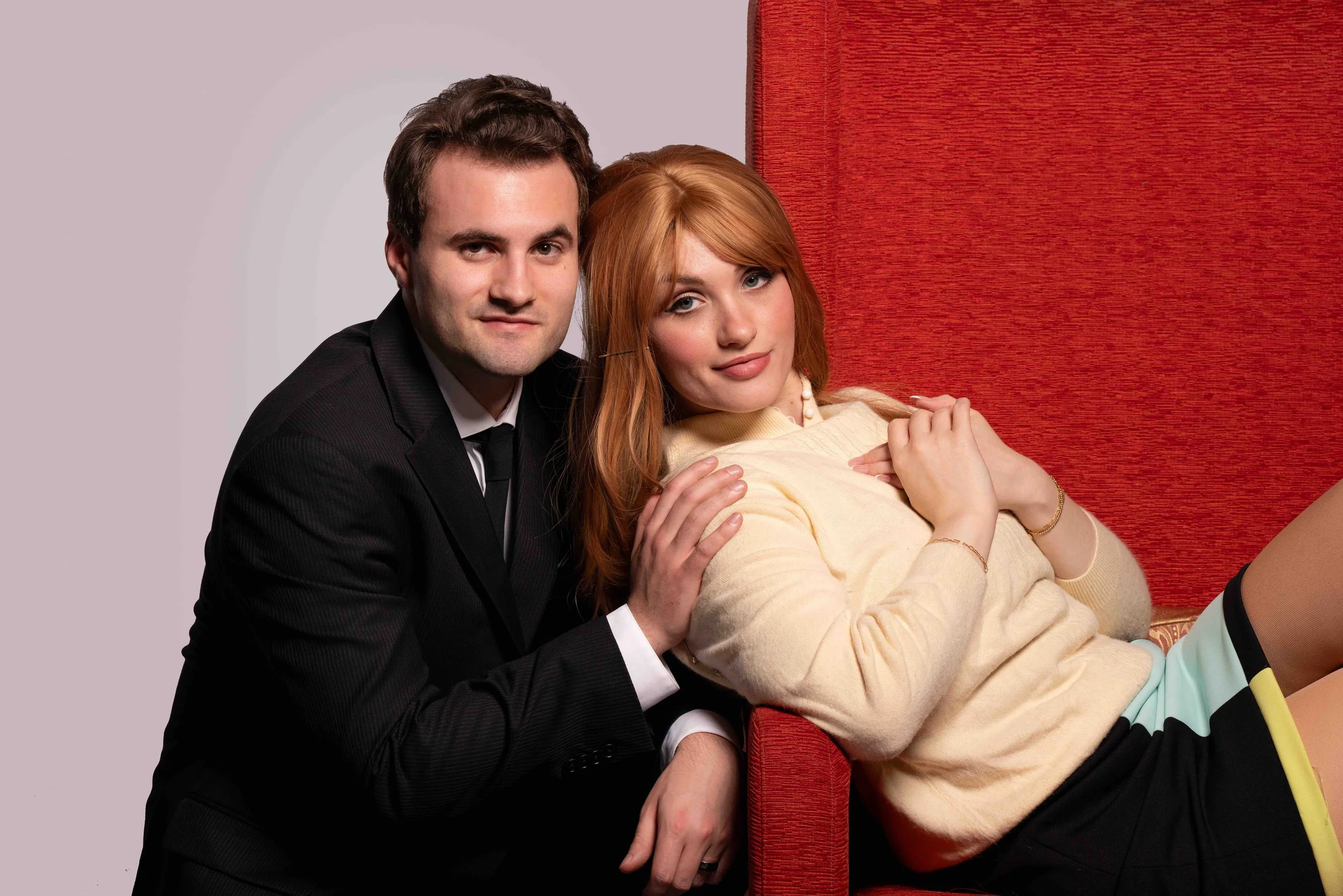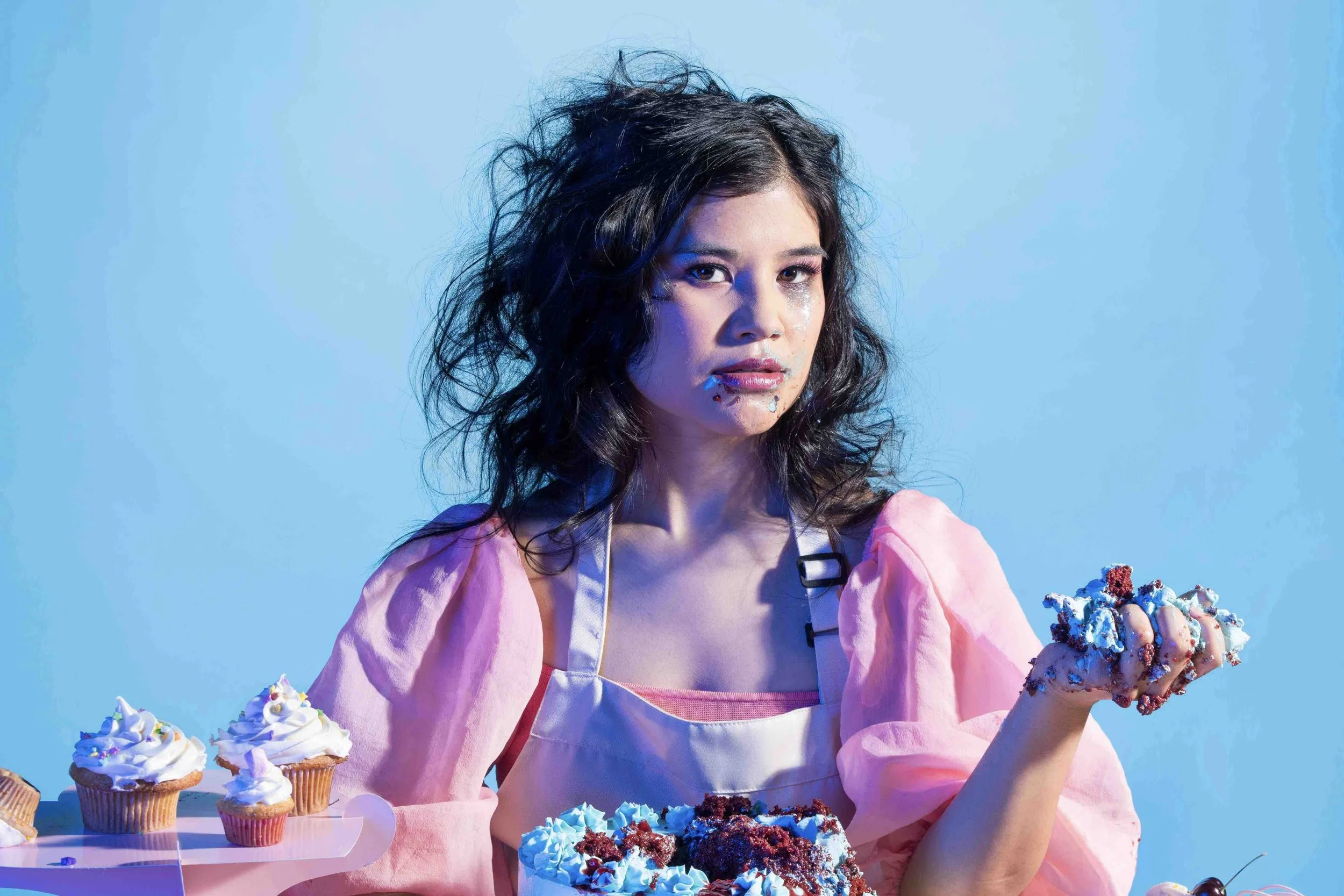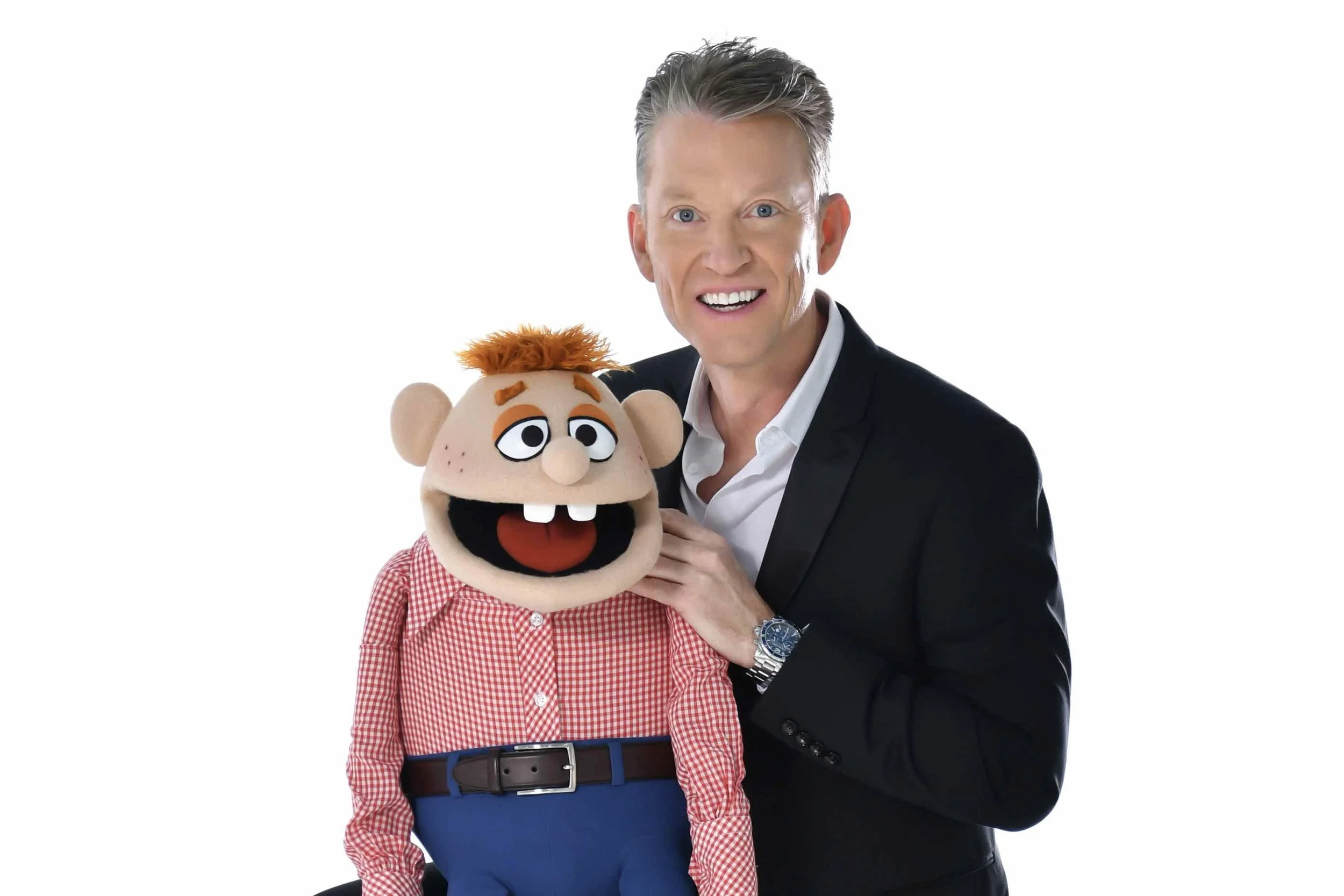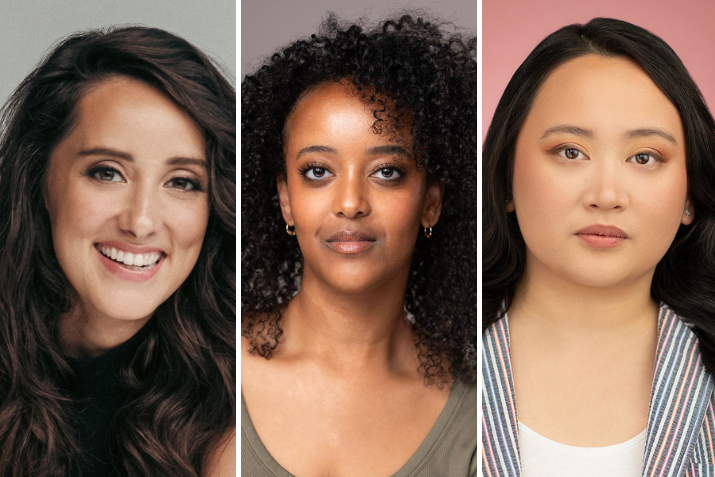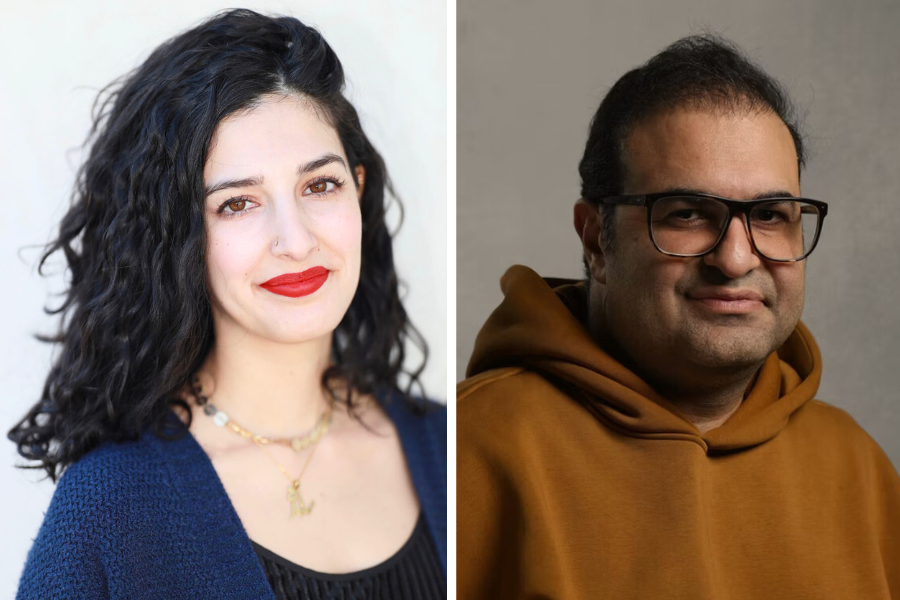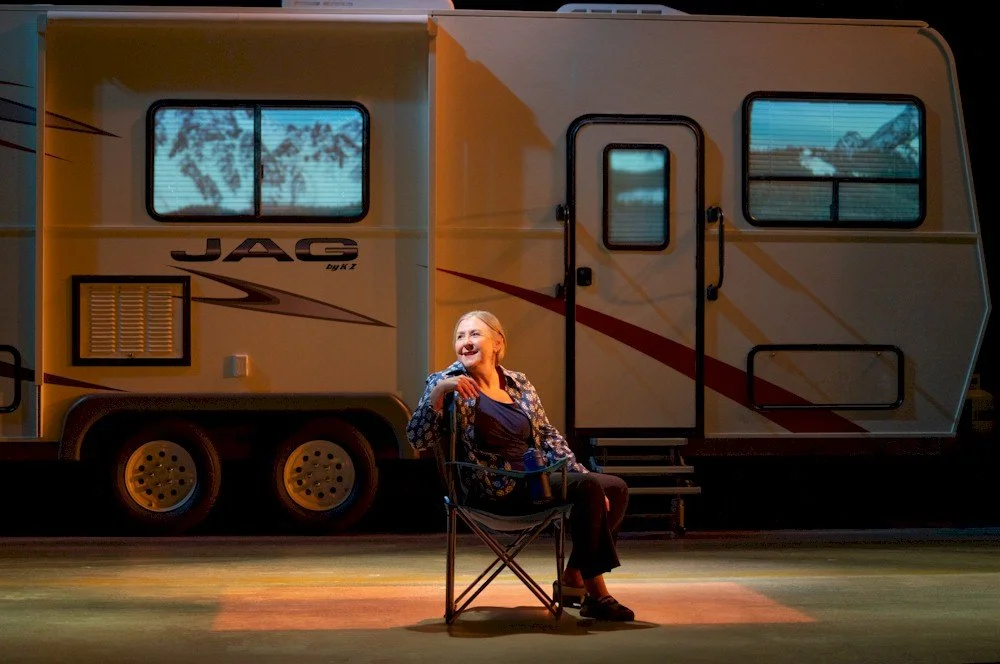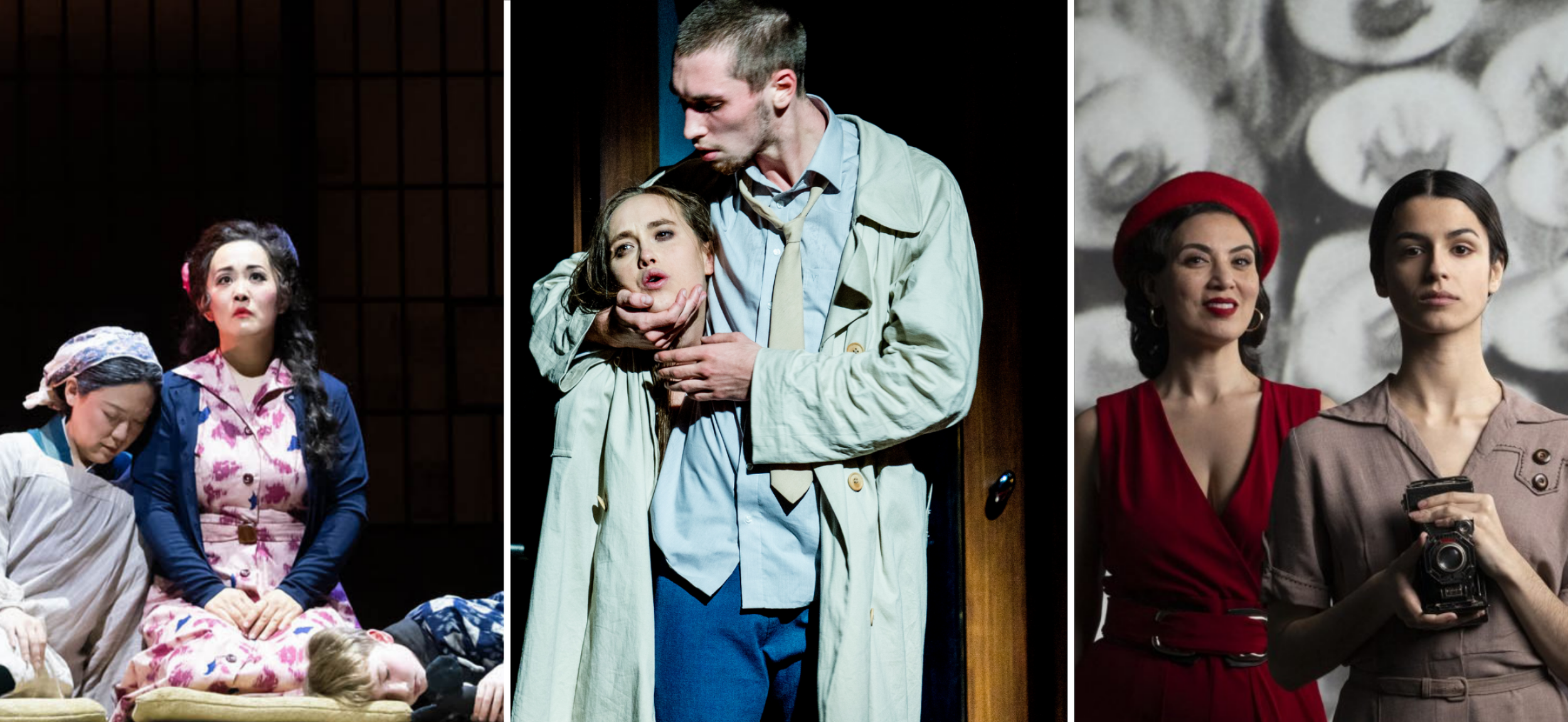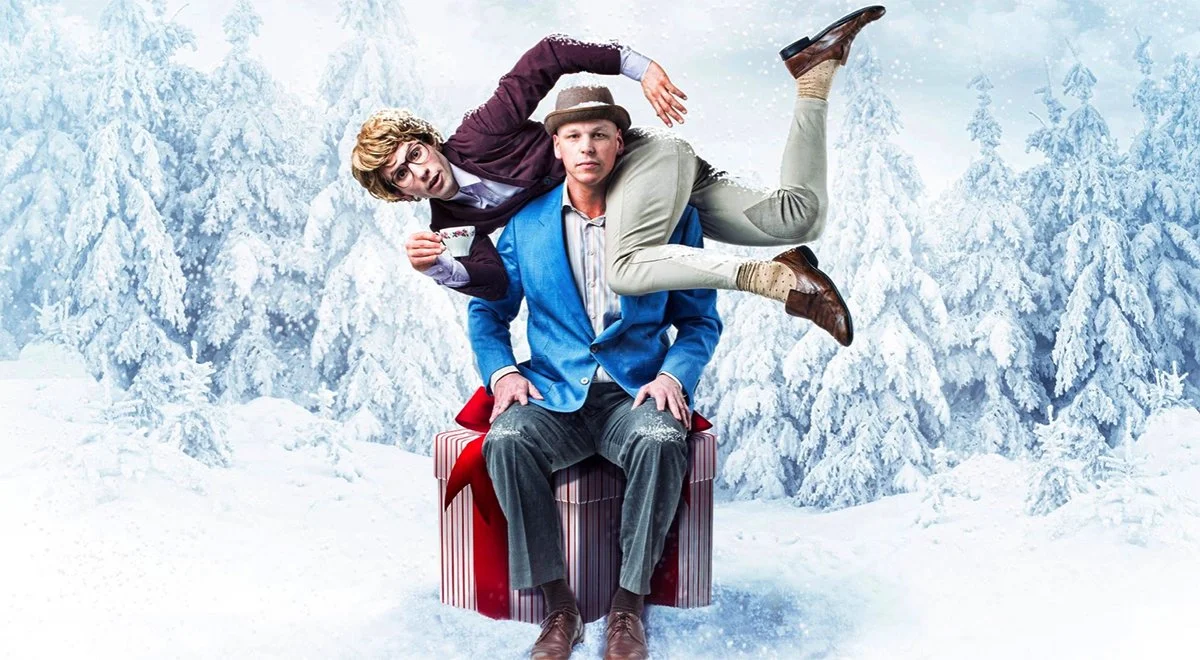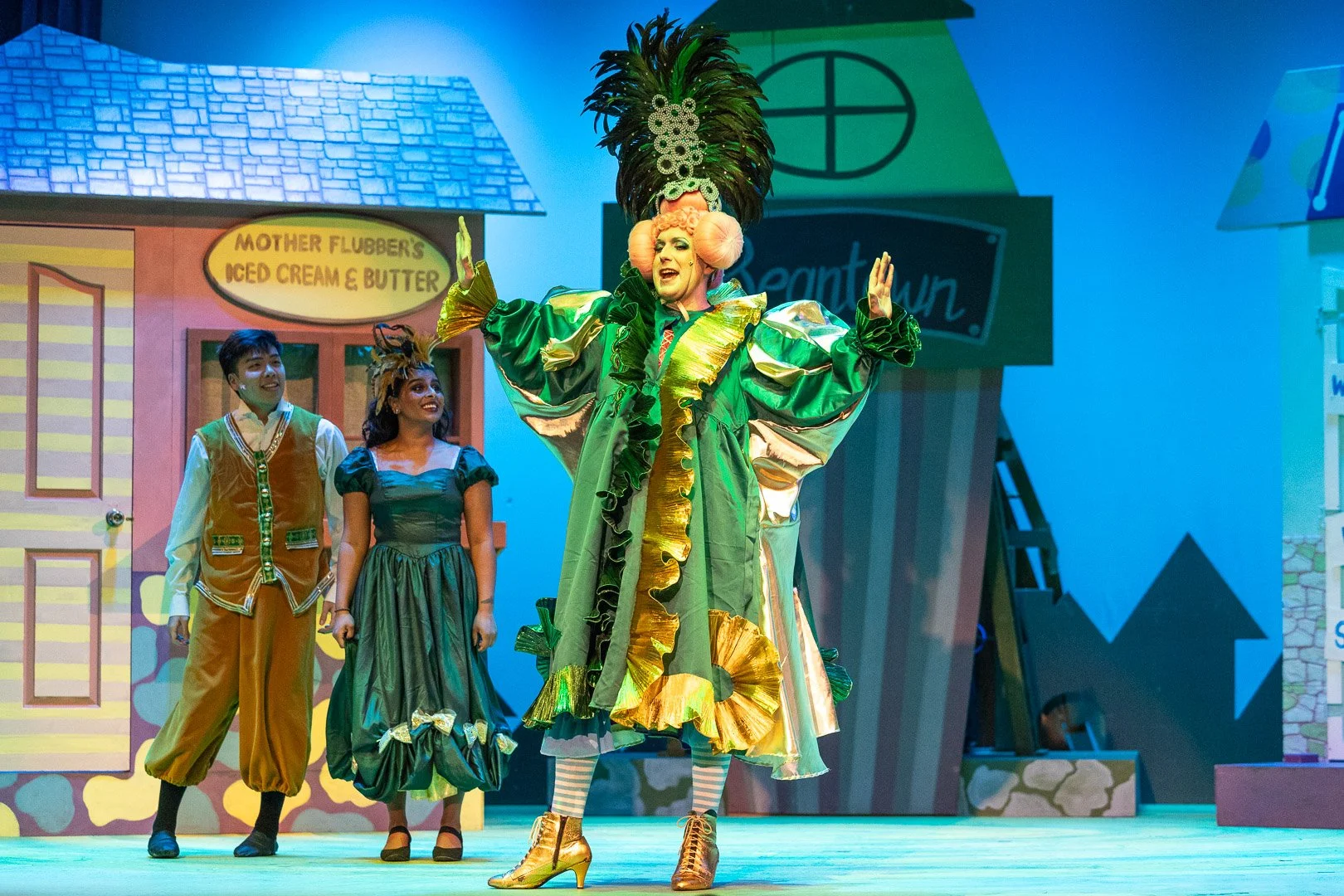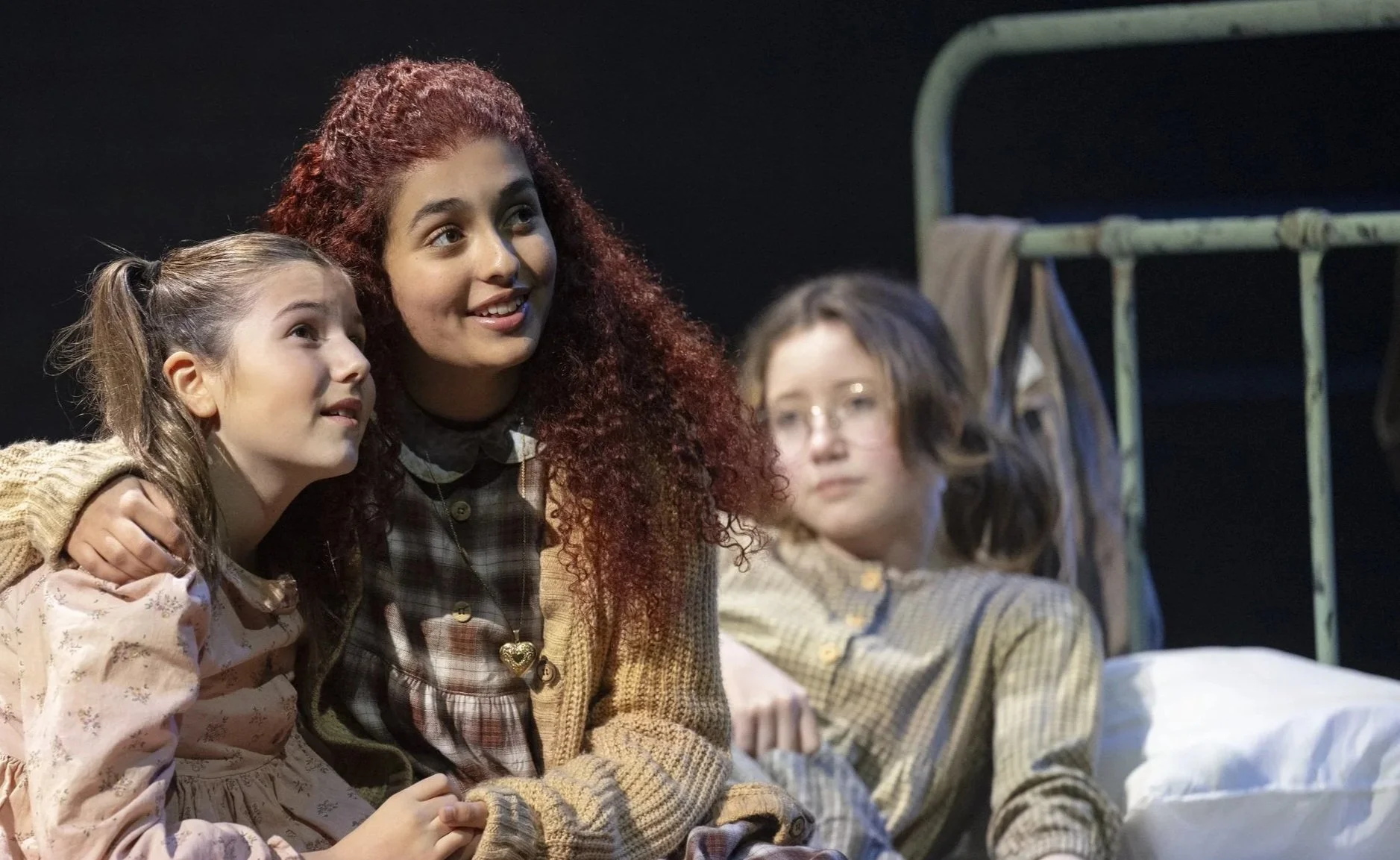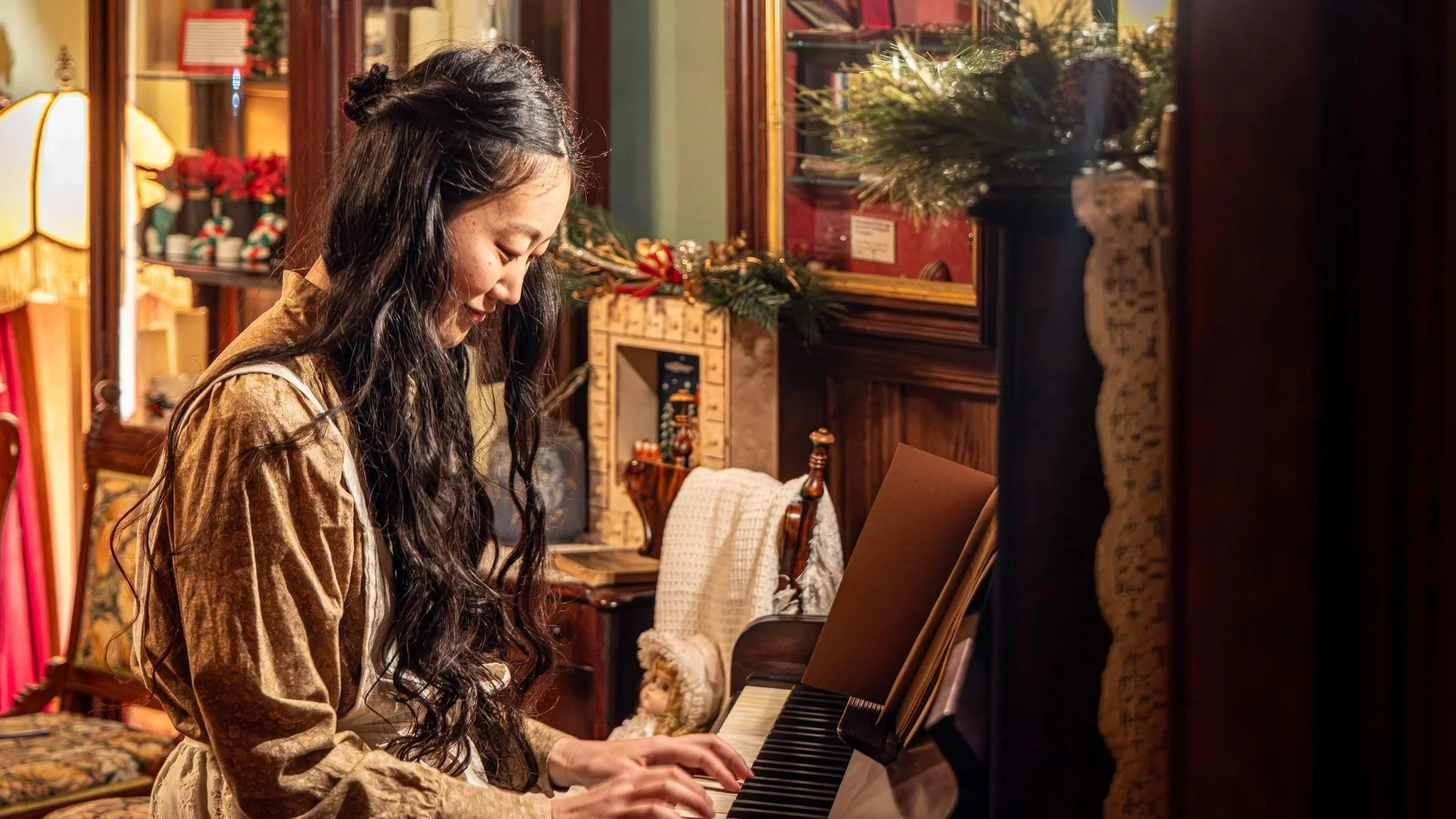With the VSO’s Coastal Soundscapes, Naomi Woo brings a study in contrasts to the Annex
In the latest installment of the VSO at the Annex series, the conductor and pianist hopes the eclectic program will take some of the intimidation factor out of new music
Naomi Woo. Photo by Christa Holka
The Vancouver Symphony Orchestra presents Coastal Soundscapes featuring Naomi Woo on May 15 at 7:30 pm at the Annex
NAOMI WOO CAN HARDLY wait to get back to her roots. When Stir connects with the conductor and pianist on a WhatsApp call, she’s in London, England, which is where she resides when she isn’t in Quebec conducting the Orchestre Métropolitain de Montréal. Or in Toronto, where she’s the music director of the National Youth Orchestra of Canada.
Suffice to say Woo has spent a lot of time in a lot of different places, but British Columbia occupies a particularly special spot in her heart. She was born in Newfoundland, but Woo spent her formative years on this coast, training at the Vancouver Academy of Music.
That, in part, is why, for her upcoming VSO at the Annex concert, Woo has selected a program of six compositions by four women—Keiko Devaux, Jocelyn Morlock, Robyn Jacob, and Alexina Louie—with links to B.C.
“That connection was important to me,” Woo tells Stir. “And I think there’s many interesting relationships between the pieces, their soundworlds, and the composers. Many of the pieces draw on themes having to do with nature, with memory, the past. A lot of the soundworlds explore instruments typically used in Western classical music in ways that attend to them almost as sonic objects rather than as strictly musical instruments. A lot of these composers are interested in soundscapes.”
Those soundscapes will be brought to life by members of the VSO, with Woo herself taking to the keyboard for Louie’s Memories in an Ancient Garden, a solo piano work for which the composer has instructed the performer to play “as if intoxicated by the scent of a thousand blossoms”.
“I think Alexina Louie’s music has always been interested in how to attend to her Chinese heritage in the mode of Western classical composition, and in this piece especially I feel she’s drawing on some kind of ancient ancestral memory,” says Woo, who has a personal connection with Louie’s Memories.
“I was maybe 15 the first time I played that piece,” she says. “Coming back to the Vancouver Symphony always feels like a homecoming to me, and also returning to this piece of music that is connected to my home and a particular time in my life when I lived in Vancouver, also feels like a very special return for me personally.”
The piece is intended to be performed in a rubato style, giving the pianist a relatively free hand with the tempo and rhythm, which creates a free-flowing effect where ripples of notes move through the sonic space like drops of water in a stream.
Elsewhere on the program, Devaux’s Ebb represents a more oceanic evocation of fluid dynamics, employing 15 musicians to construct slowly shifting tidal drones.
In terms of wildly contrasting moods, though, it would be hard to imagine a more disparate pairing than Morlock’s “Blue Sun”—a folk-inspired violin duet that relies on high-spirited interplay between its performers—and Jacob’s A World in Each, a chamber work that walks a razor wire of unresolved tension.
“I’m always interested in juxtaposition, and I think that one of the joys of classical music as a genre is that it is so varied,” Woo notes. “I think it’s almost a fallacy to use a word like classical music, in a way, because there are so many things that get lumped under the broad umbrella of classical music that have different influences and traditions and training styles. Even within the traditional classical-music canon, there’s so much variety. So I often think that, by putting certain things together, things that on the surface might seem very different, we’re able to learn about how they feel next to each other, what connections we can draw, even from things that on a surface level might sound or feel very different.”
There’s also a more pragmatic reason for programming conventionally melodic music alongside more challenging works, as Woo explains.
“I also think that a concert like this, a concert of new music, can sometimes feel intimidating to audiences, and by having such a wide range of pieces, I hope that every audience member will find something for them, something that they like,” she explains. “With this degree of variety, I do think that there’s something that will speak to many different kinds of people on this program.”
Thursday night’s concert won’t be the last time Woo returns to the West Coast this year. In the summer, she’ll be headed back again for a Chan Centre gig with the National Youth Orchestra, which also has shows slated for Victoria and Nanaimo.
“I’m so excited to bring that extremely special and enthusiastic, passionate group of musicians to Vancouver audiences,” she says. “It’s been a long time since NYO Canada was last in Vancouver. I always love working with the next generation of musicians. They’re inspiring and engaged and I learn so much from them. Not just about music-making, but about collaboration, about life, so it’ll be really special.”
Does spending that much time in the company of young musicians keep Woo herself feeling youthful? Not exactly.
“I mean, sometimes it makes me feel old, when they comment on my use of emojis,” she says after a peal of warm laughter. “That’s always a thing, when they’re like, ‘You still use the laugh-cry emoji!?’ I’m like, ‘I didn’t know! I’m sorry!’” ![]()




